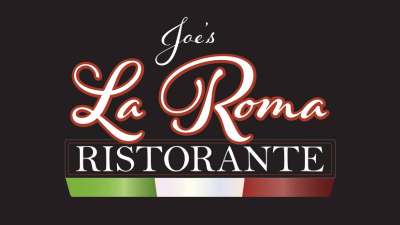This film was nominated for a Golden Globe, a SAG Award and a BAFTA. The first, two nominations were for Judi Dench who plays Queen Victoria, which is her second time playing the British monarch who died in 1901. Dench’s last time was 20 years ago in Mrs. Brown (1997). The BAFTA nod was for Best Make Up/Hair. Incidentally, this film also made the shortlist at the 90th Academy Awards for Best Makeup and Hairstyling. It’s a British film that did relatively well in the domestic box office and internationally, so the odds it will get a mention at the Oscars is fairly high. Whether it should or not is another question.
Ali Fazal co-stars as Abdul Karim, a Muslim jail clerk and son of a carpet-maker. In 1887, Abdul is invited to represent his home country of India during Queen Victoria’s Golden Jubilee. He stayed and became a dinner servant. He impressed the Queen so much that she promoted him to the role of “Munshi,” which is like a personal tutor or teacher, educating her in Indian culture and language. The closer Abdul got to the Queen, the more she defended and promoted him, the more jealous others around him became. That tension is the chief concern of this film, which has an undercurrent of racism and/or xenophobia.
All of that is well and good, especially because Abdul is Muslim. Written by Lee Hall, adapting the book by Shrabani Basu, this movie directly confronts Islamophobia. Aside from seeing women in burqas, the movie doesn’t really examine the religious difference, which would be fine, if the movie was more of an examination of the relationship between Abdul and the Queen.
Given that this is based on a true story, there was never any speculation of any kind of relationship other than Platonic. However, the initial moment of eye-contact almost denoted a potential, romantic connection. The age disparity makes it a veritable impossibility, but undeniably there are some flirtatious remarks and actions that could be interpreted as the two having feelings that would be highly inappropriate. Their lack of romance is fine, but the movie doesn’t convince that Abdul is anything more than a glorified servant. By the end, we’re meant to be sure of their friendship, but I wasn’t.

The only thing of which I was sure is that everyone around them didn’t like the two of them being together so much. One of those people was the Queen’s son, Bertie, played by Eddie Izzard (Hannibal and The Riches). I’m surprised that at no point he or someone else didn’t accuse them of having a romantic relationship. His and the other objectors seem to object on the grounds of breaking protocol or tradition, which again has a racial undercurrent. The movie doesn’t go far enough with their objections to make them interesting. As it stands, the movie doesn’t go far enough with Abdul to make him interesting. Yes, he’s tall, dark and handsome, knows the Quran and facts about the Taj Mahal, but so what?
This movie reminded me of The King and I (1956), another movie about a monarch who is visited by a foreigner who works as a teacher. That movie was based on a Broadway musical, but it illustrates what this movie does wrong. The relationship in The King and I feels equally balanced, meaning we get a fair amount of time with each person as to get their full perspective. That is not the case here. Abdul is short-changed. He recedes into the background half-way through and becomes more like a prop than a person. He just doesn’t have a voice. Even when Abdul’s wife arrives, she literally isn’t given a voice. There is a slight dispute between Victoria and Abdul over the Indian Rebellion of 1857, but it too is ultimately brushed over.
A month or so before, another independent, British film about India’s relationship with England came out. It was Viceroy’s House. Unlike this film, it was directed by Gurinder Chadha, a woman of Indian descent. This film was directed by Stephen Frears (Philomena and The Queen), a white British man, so in a way it makes sense why this film doesn’t have a good Indian perspective, whereas Chadha’s film does. Chadha’s film gives perspective, context and more importantly a voice to the Indians that Frears’ film doesn’t. In fact, if you want to see a film where Judi Dench has more balanced interactions with a young Indian man, see The Best Exotic Marigold Hotel (2011) with Dev Patel.
Rated PG-13 for language.
Running Time: 1 hr. and 51 mins.

























